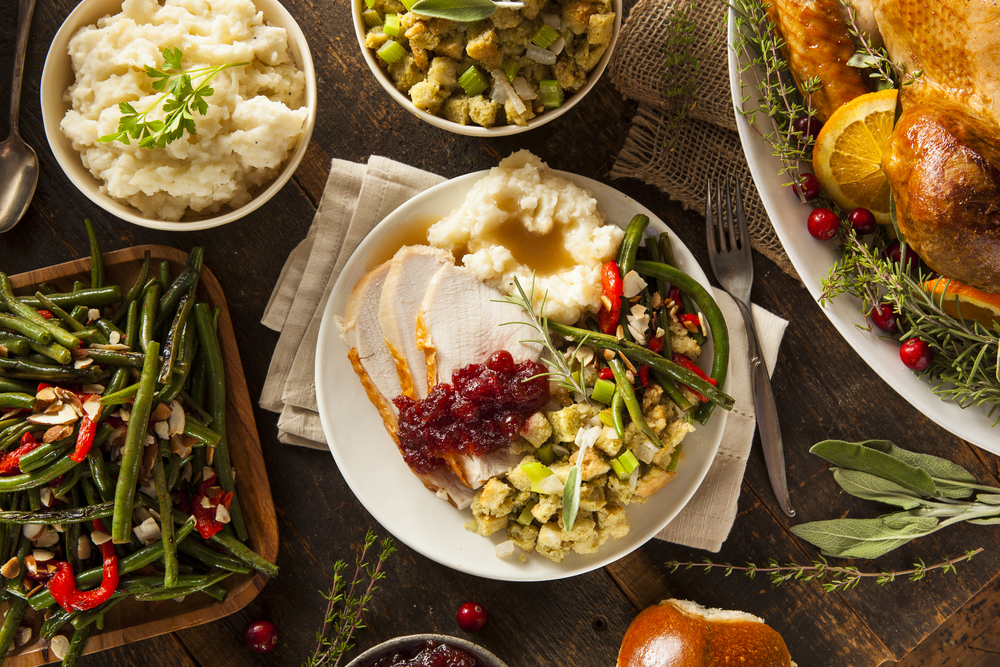AUBURN UNIVERSITY, Ala. – Foodborne illness will put an instant damper on holiday celebrations. Practicing holiday food safety can reduce the chances of someone getting sick.
Preparing and Serving Food
“Do not let foods linger during preparation,” said Angela Treadaway, an Alabama Extension food safety and quality regional agent. “Cook them thoroughly and serve them promptly.”
Using warming trays, chafing dishes and crock pots can ensure hot foods stay at the correct temperature. Placing serving dishes on crushed ice can keep cold food cold.
According to Treadaway, it is crucial to keep food out of the ‘danger zone’ between 41°and 135°F. This is important to remember, especially when entertaining with a large meal or buffet. Do not let perishable foods remain longer than two hours in this temperature danger zone.
“Do not add new food to a serving dish that has been sitting at room temperature for more than two hours,” said Treadaway.
Prepare new trays or serving dishes rather than adding to a dish that has been out for more than two hours.
Serving utensils should be provided for every dish served, even finger foods. This can prevent cross contamination between guests.
Holiday Food Safety on the Road
It is important to maintain a food’s temperature when travelling with it to a holiday party or event.
Wrap hot food in foil and heavy towels, or carry it in an insulated container. Ensure that it maintains a temperature of at least 135°F.
Cold foods can be kept in a cooler with freezer packs to maintain a temperature of 41°F or below. Full coolers keep temperature best, so add extra insulation in unoccupied space. This can also prevent the cooler from leaking.
Storing and Reheating Leftovers
Refrigerate leftover meat promptly in shallow, uncovered containers. This allows them to cool quickly. When steaming stops, place the lid on or wrap loosely.
“Avoid overstocking the refrigerator to allow cool air to circulate freely,” said Treadaway. “Remember to store fresh meat in your refrigerator under food that will not be further cooked or reheated. This helps to prevent the possibility of raw meat juice dripping on ready-to-eat foods.”
Giving and Receiving Gifts of Food
When sending or receiving perishable food through the mail, ensure that it has been delivered as soon as possible- ideally overnight. The package should be marked “KEEP REFRIGERATED.” If you are sending a gift of food to someone, tell them to be expecting it so they can store it promptly.
According to Treadaway, if you receive cold food in the mail, open the box immediately and check the temperature.
“It should be at least refrigerator cold to the touch and ideally still partially frozen with visible ice crystals,” said Treadaway.
When shipping frozen food that you have prepared, pack it with dry ice or a frozen gel pack. Fill air space in the package with crushed paper or foam packing peanuts. Label the package “PERISHABLE- KEEP REFRIGERATED.”
More Information
For more information concerning holiday food safety, contact your local Extension office and ask to speak to a food safety agent or learn more online at www.aces.edu.
















